Bachelor of Software Engineering
Overview
The program of Software Engineering (SWE) is the latest addition to the faculty of Computer and Information. It was founded on 2024 as an evolution of the Al-Baha University. The curriculum is comprehensive and covers requirements analysis, design, testing, and project management—the four primary facets of the software engineering field. The foundational concepts of computer science, including operating systems, computer networks, and computer architecture, are also covered. The curriculum is intended to enhance students' conceptual and practical skills, giving graduates a strong foundation for handling industry assignments and pursuing further education.
Program Goals
- Create a distinct academic environment to enhance the competitiveness of the students enrolled in the Software Engineering program.
- Achieve excellence in the Software Engineering faculty team.
- Strengthen a systemized scientific research progress within the program.
- Develop community service programs for the program.
- Prepare students to satisfy the labor market needs in the field of Software Engineering.
- Promote hands-on learning and real-world experiences through research/development projects and other experiential learning experiences in Saudi Arabian society and culture.
- Instil values of ethical responsibility, social awareness, and professionalism in the Software industry.
- Foster a culture of innovation, creativity, and flexibility to adapt to changes in the Software industry.
Program Learning Outcomes
| Knowledge and Understanding | |
| K1 | Understand principles of the system development lifecycle including the software development process, includes requirements analysis, design, programming, testing, and maintenance. The principles of object-oriented software development. |
| K2 | Recognize a wide range of principles and tools that are available to the software developer, such as software process methodologies, choice of algorithm, language, software libraries, and user interface technique. |
| K3 | Understand the range of situations in which computer systems are used, the ways in which people interact with them. Professional issues to cover social, ethical, and legal aspects. Communication issues in large, complex software projects. |
| K4 | Describe the principles and techniques of a number of application areas informed by the research directions of the subject, such as software engineering, net-centric, and distributed systems. |
| Skills | |
| S1 | Apply scientific inquiry, critical thinking, and decision-making skills to all phases of the software development life. Model an object-oriented software systems.
|
| S2 | Design and plan software solutions to problems using an object-oriented strategy. |
| S3 | Write and test programs using at least one object-oriented programming language. |
| S4 | Evaluate systems in terms of general quality attributes and possible trade-offs presented within the given problem. |
| S5 | Use project management tools. |
| S6 | Communicate effectively and work collaboratively in interdisciplinary teams while demonstrating ethical and social responsibility in using technology.
|
| Values, Autonomy, and Responsibility | |
| V1 | Show leadership and willingness to cooperate fully with others in joint projects and initiatives. |
| V2 | Develop an understanding of ethical, legal, and social issues related to software engineering and a commitment to diversity, inclusion, and social responsibility. |
| V3 | Practice lifelong learning and adaptability to changes in the rapidly evolving software industry. |
| V4 | Embrace innovation and creativity to develop solutions to challenges facing the software industry. |
Potential Jobs
Students are qualified in almost all of the professions/jobs where software is used, following is a list of a few:
- Software Engineer/Developer
- System Analyst
- Business Analyst
- Quality Assurance Engineer
- Software Testing Engineer
- Information Security Analyst
- IT Project Manager
- Application Developer
- Mobile Developer
- Cloud Engineer
Course Description



